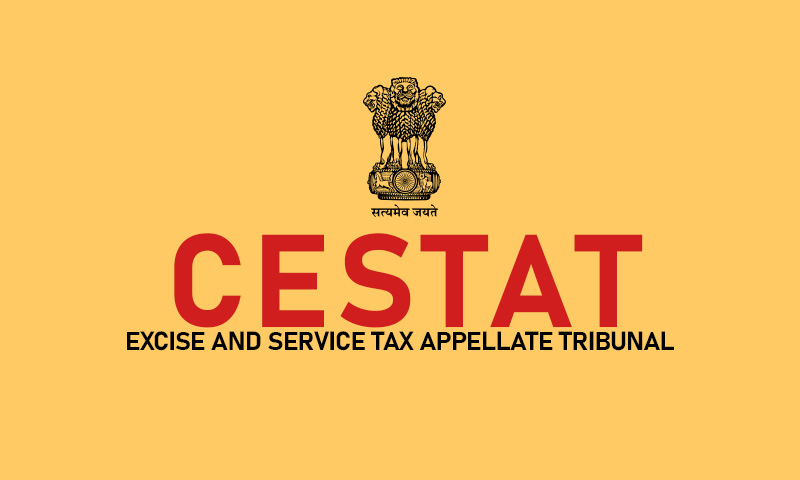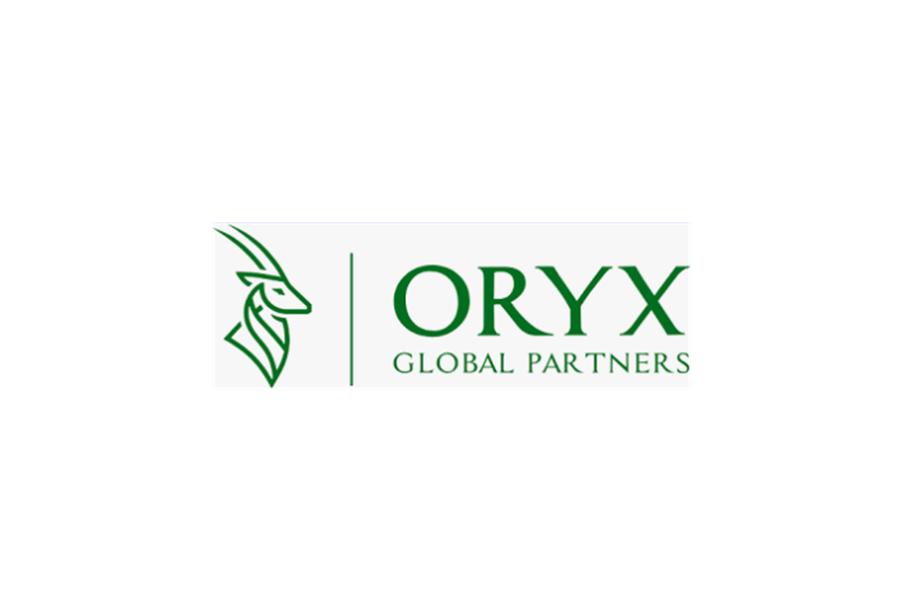BRICS Nations Demand Major Overhaul of IMF: Calls for Fairer Voting & End to European Dominance

Johannesburg, South Africa – Finance ministers from the BRICS economic bloc – Brazil, Russia, India, China, and South Africa – have issued a strong and unified call for significant reforms within the International Monetary Fund (IMF). The ministers, gathered in Johannesburg this weekend, have voiced concerns over the IMF's current governance structure, arguing it is outdated and doesn't adequately represent the evolving global economic landscape.
At the heart of their proposal is a demand for a fairer distribution of voting rights within the IMF. Currently, developed nations, particularly those in Europe and North America, hold a disproportionate amount of influence, often dictating policy and lending conditions to developing countries. The BRICS nations argue that emerging economies, which have experienced significant growth and contribute substantially to the global economy, deserve a greater voice in the IMF’s decision-making processes.
“We believe the IMF needs to better reflect the reality of the 21st-century global economy,” stated a joint communique released following the meeting. “A more equitable distribution of voting power is essential to ensure the fund’s legitimacy and effectiveness.”
Beyond voting rights, the BRICS ministers also challenged the long-standing tradition of European leadership at the IMF. Since its inception in 1944, the IMF has always been headed by a European, while the World Bank has consistently been led by an American. This arrangement is viewed by many as a symbol of the historical power dynamics that continue to shape international financial institutions.
The BRICS nations are advocating for a merit-based selection process for the IMF’s leadership, open to candidates from all regions of the world. “The leadership of the IMF should be based on competence and experience, not on nationality or regional affiliation,” the communique emphasized.
Why is this important for South Africa and the African Continent? The reforms proposed by BRICS have significant implications for South Africa and the wider African continent. Increased representation and influence within the IMF could lead to more favorable lending terms, greater consideration of local economic conditions, and a more supportive approach to development initiatives. It could also help to reduce the continent’s reliance on traditional Western financial institutions.
Global Implications & Future Outlook The BRICS nations’ push for IMF reform is part of a broader trend towards a multipolar world, where emerging economies are increasingly asserting their influence on the global stage. Their collective voice carries considerable weight, and their demands are likely to put pressure on the IMF to address the concerns raised. The IMF has acknowledged the need for reform, but progress has been slow. The BRICS nations’ unified stance could accelerate the process and pave the way for a more balanced and representative international financial architecture. The coming months will be crucial in seeing how the IMF responds to these calls for change and whether a new era of global financial governance is on the horizon.
The ministers concluded by reaffirming their commitment to strengthening cooperation within BRICS and working together to promote a more just and equitable global economic order.






